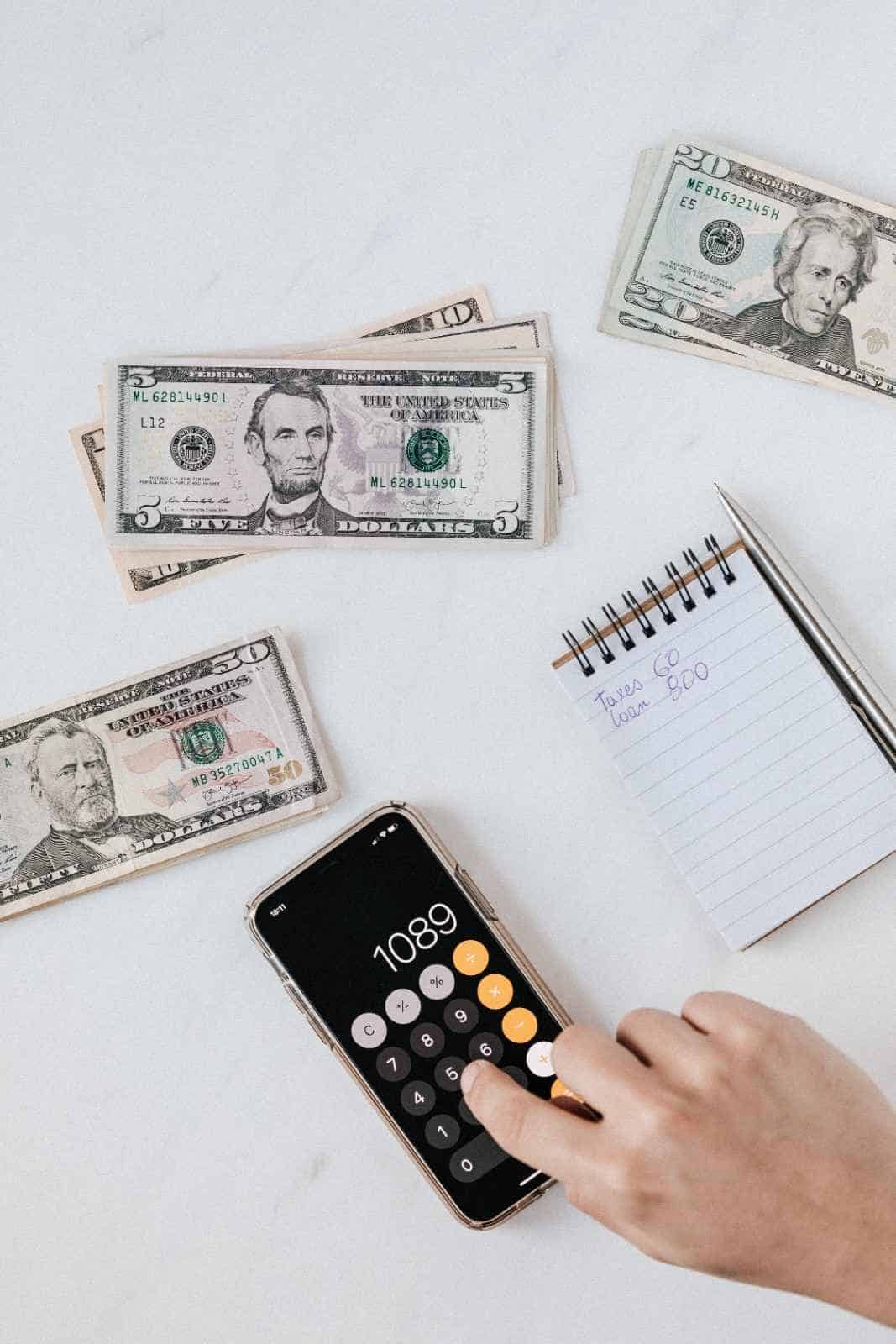Certain US states have banned payday loans because they do not want to encourage high cost lending and borrowing in their states. Whilst payday loans act as an important anti-poverty measure and help more than 12 million Americans per year, the high cost interest (300% to 500% APR) is not welcomed by a lot of States and the cost can really mount up if you struggle to repay and are pressured into re-borrowing over and over.
Whilst there is regulation across the US and similar rules that apply, the US States can monitor and regulate payday loans on a State-by-State basis.
Currently, a number of States refuse to allow payday lending and follow the 36% APR price cap that is the maximum charged for any kind of loans in their state (credit cards, personal loans, car loans etc).
Key Points:
- Payday loans are currently banned in 13 US states including Arizona, Arkansas, Connecticut, Georgia, Maryland, Massachusetts, New Jersey, New York, North Carolina, Pennsylvania, Vermont, West Virginia, and the District of Columbia.
- Payday loans often carry high annual percentage rates (APRs), often at around 300% to 500% and councils want to avoid customers falling into spiral of debts and having to take out loans that they cannot afford
- Insufficient transparency and predatory lending practices have led to a number of states banning payday loans.
- The impact of payday loans on low-income communities has driven some states to ban this form of borrowing as a measure to address social and economic inequality.
Which States Are Payday Loans Banned In?
| State | Legal Status |
| Alabama | Legal |
| Alaska | Legal |
| Arizona | Illegal |
| Arkansas | Illegal |
| California | Legal |
| Colorado | Legal with restrictions |
| Connecticut | Illegal |
| Delaware | Legal |
| District of Columbia | Illegal |
| Florida | Legal |
| Georgia | Illegal |
| Hawaii | Legal |
| Idaho | Legal |
| Illinois | Legal with restrictions |
| Indiana | Legal |
| Iowa | Legal |
| Kansas | Legal |
| Kentucky | Legal |
| Louisiana | Legal |
| Maine | Legal with restrictions |
| Maryland | Illegal |
| Massachusetts | Illegal |
| Michigan | Legal |
| Minnesota | Legal |
| Mississippi | Legal |
| Missouri | Legal |
| Montana | Legal with restrictions |
| Nebraska | Legal |
| Nevada | Legal |
| New Hampshire | Legal with restrictions |
| New Jersey | Illegal |
| New Mexico | Legal |
| New York | Illegal |
| North Carolina | Illegal |
| North Dakota | Legal |
| Ohio | Legal |
| Oklahoma | Legal |
| Oregon | Legal |
| Pennsylvania | Illegal |
| Rhode Island | Legal |
| South Carolina | Legal |
| South Dakota | Legal with restrictions |
| Tennessee | Legal |
| Texas | Legal |
| Utah | Legal |
| Vermont | Illegal |
| Virginia | Legal |
| Washington | Legal |
| West Virginia | Illegal |
| Wisconsin | Legal |
| Wyoming | Legal |
Why Are Payday Loans Banned In My State?
High Interest Rates
A primary concern that has led to the banning of payday loans is the unaffordable interest rates they carry. Payday loans typically come with APRs that can reach triple digits, making it difficult for borrowers to meet their repayments within the timeframe agreed upon with their lender. Such high-interest rates can trap borrowers in a cycle of debt, where they struggle to make ends meet and end up taking out additional loans to cover the original debt.
Predatory Lending
In an effort to protect consumers from falling into a debt trap, several states have implemented strict usury laws that cap interest rates on short-term loans. These laws are to ensure that borrowers are not subjected to predatory lending practices that exploit their financial vulnerability.
Lack Of Customer Safeguards
Another key factor contributing to the prohibition of payday loans is the lack of consumer safeguards. In many cases, borrowers are not adequately informed about the terms and conditions of these loans, and the fine print can be confusing. This lack of transparency can lead to borrowers unknowingly agreeing to expensive terms, putting them at a significant disadvantage when it comes to repaying their debt.
Payday lenders often require access to the borrower’s bank account, creating an opportunity for abusive collection practices. Some lenders may repeatedly attempt to withdraw funds, leading to overdraft fees and additional financial hardships for the borrower. The absence of proper regulations to curb these practices has prompted some states to take a stand against payday loans to create safe forms of lending.
Addressing Economic Inequality
There is a broader societal concern about the impact of payday loans on low-income communities. Studies have shown that these communities are disproportionately affected by the negative consequences of payday lending, leading some states to ban payday loans as a measure to address social and economic inequality.
Young people are also increasingly turning to payday loans to cover rent or university fees. Younger borrowers may not have an extensive credit history, making it challenging to qualify for traditional loans or credit cards with favorable terms.
How Are Payday Lenders Regulated?
- Consumer Protections: Some states have implemented consumer protections to safeguard borrowers. These protections may include mandatory cooling-off periods between loans, maximum loan amounts and restricting the allowed number of outstanding loans.
- Federal Regulations: The Consumer Financial Protection Bureau (CFPB) has authority over payday lenders at the federal level. The CFPB has the power to regulate payday loans, implement rules and take enforcement actions against lenders engaging in unfair or deceptive practices.
- Military Lending Act: The MLA provides specific protections for active-duty military personnel and their dependents. Lenders are prohibited from charging more than 36% APR on certain types of loans to military borrowers.
Can People Still Access Payday Loans in Banned States?
Yes, unfortunately, people will always need an influx of cash, such as $300 or $500 and even though payday loans are banned, they continue to find ways to apply for these loans – and also companies find ways to offer them.
Firstly, there are loopholes, such as “rent a bank” schemes which allow lenders to use the licenses of well-known national banks, which allows them to allow loans in States such as Maryland and New York.
In addition, there is some murkiness over whether you are living and residing in one State or another. Hence you could be from New York, but working in Texas, where payday loans are legal and some consumers and businesses are able to get around this.
Payday loans are banned in some states due to a combination of concerns related to high-interest rates, lack of consumer protections and the potential for exploitation of vulnerable individuals.
While the intention is to create a safer lending environment and protect consumers from predatory practices, the debate on the effectiveness of these bans continues. Opponents claim that these bans limit access to credit for those who may have no alternative options in times of financial need.


